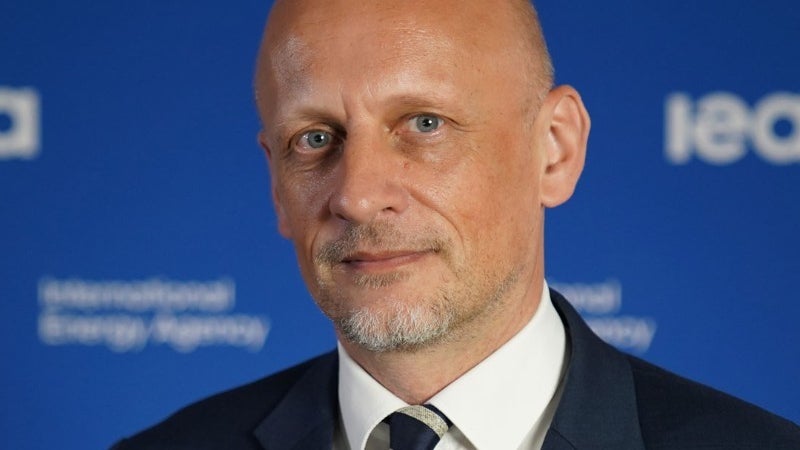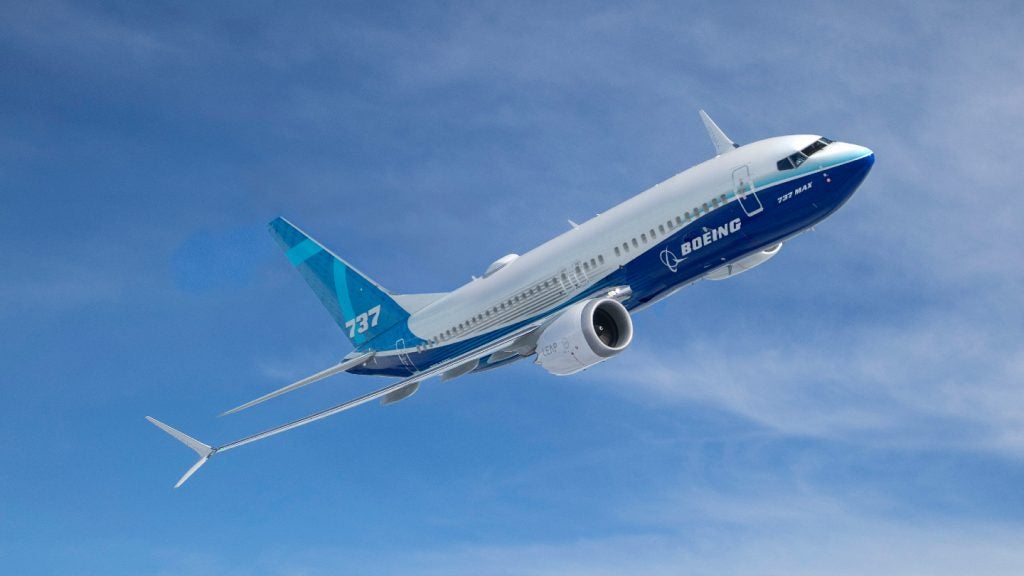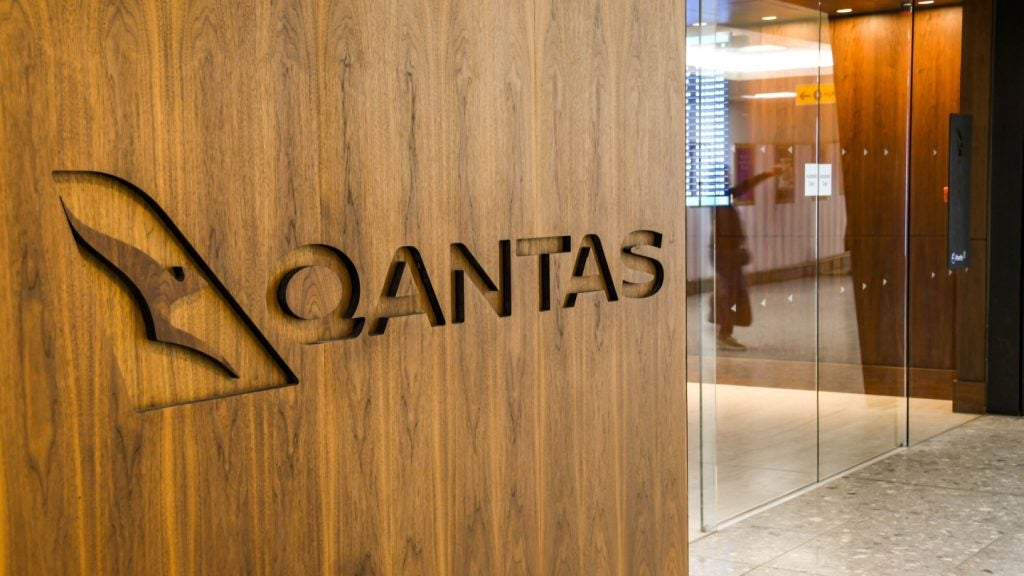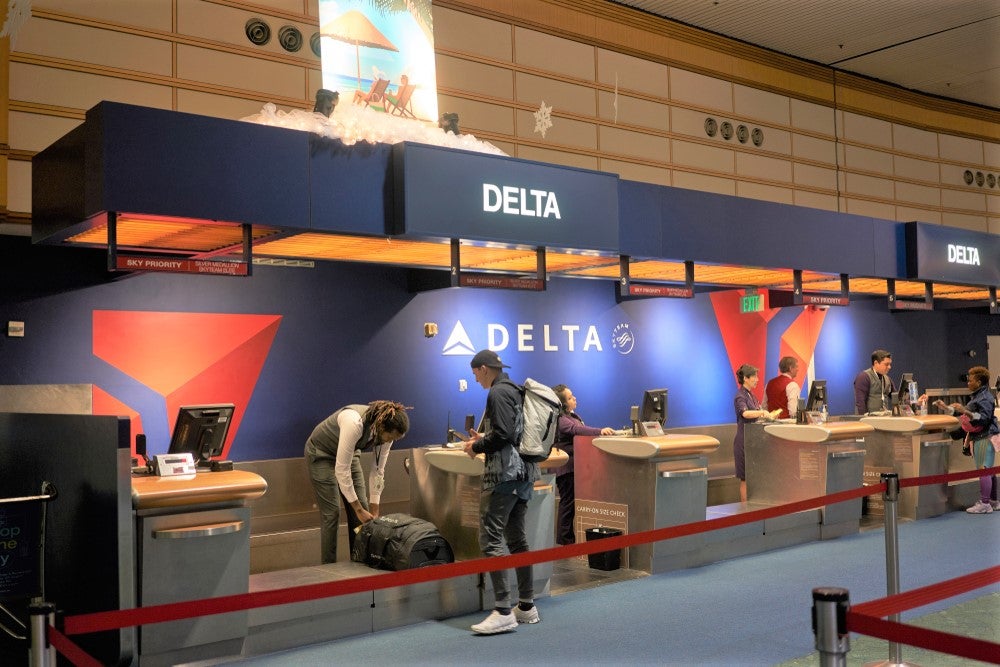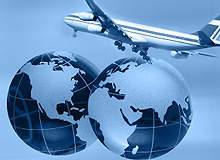
The air transport industry is changing rapidly, and IATA is taking the lead in pushing forward these changes. Simplifying the business is at the heart of its efforts to bring cost-efficiency and convenience to the industry’s outdated processes.
Cargo is a key part of IATA’s efforts. It is an important part of the industry, accounting for 12% of total revenue, so IATA now has a new strategy that reflects cargo’s high priority.
THE GLOBAL AIRLINE CRISIS
Between 2001 and 2004, airlines lost over $36bn, and IATA expects another $7.4bn in losses this year. The industry’s $97bn fuel bill is robbing it of its profitability. Fortunately, air transport companies have matched fuel surcharges with efficiency gains. This is an amazing achievement. However, the industry cannot keep up with rising costs.
It appears that we have passed the peak in the economic cycle, while the high price of fuel is starting to have an impact on the global economy. There was double-digit freight traffic growth in 2004.
See Also:
However, cargo growth for the first three quarters of 2005 was 3%, and IATA’s new growth forecasts for 2005–09 predict a 6.3% average annual growth rate. The operating environment will continue to be challenging.
How well do you really know your competitors?
Access the most comprehensive Company Profiles on the market, powered by GlobalData. Save hours of research. Gain competitive edge.

Thank you!
Your download email will arrive shortly
Not ready to buy yet? Download a free sample
We are confident about the unique quality of our Company Profiles. However, we want you to make the most beneficial decision for your business, so we offer a free sample that you can download by submitting the below form
By GlobalDataURGENT CASE FOR CHANGE
Simplifying the air transport business is crucial for industry change. In 2004, airline CEOs agreed to simplify the business by implementing five core projects. In addition to adopting IATA’s e-freight programme for paperless cargo processing, the CEOs agreed to:
- Universal electronic ticketing by the end of 2007
- Common-use self-service check-in
- Barcoded boarding passes
- Radio frequency identification for baggage management
These projects all use technology more effectively to reduce costs and increase the convenience of air transport for passengers and shippers. Together these initiatives will revolutionise the way the industry does business, and they will save the industry $6.5bn per year.
IATA e-freight will eliminate paper from air cargo processes by 2010, avoiding duplication, speeding up processing, improving quality and saving $1.2bn annually.
However, more effort will be required if the industry as a whole is to avoid wasting time and money processing paper instead of serving its customers: the industry is currently drowning in paper.
The industry is also slow. In 1972, the average time taken for an air cargo shipment was 6.5 days, and in 33 years we have only reduced that by 12 hours. Also we are not taking full advantage of available technology. Although electronic airway bills have been around for 17 years, only 15% of cargo shipments make use of them.
CHANGE OR BE CHANGED
If the air transport sector doesn’t change itself by adopting new solutions, it will have change forced upon it on three fronts.
First, the UN, with the World Customs Organization (WCO), is moving towards paperless world trade, and as 40% of the value of goods traded internationally is transported by air, the air transport industry will be affected by their actions.
Second, stricter security requirements are changing customs processes. Customs organisations are demanding accurate manifest information electronically before flights arrive, and there are large penalties for non-compliance.
Third, customers are demanding change to help improve their own efficiency. These customers need reliability, and they are also demanding online access to information for tracking and cost control.
IATA’s e-freight addresses all three of these pressure points. With e-freight, the industry has an opportunity to create a harmonised system that:
- Reduces costs
- Facilitates global trade
- Improves security
- Provides industry customers with a more user-friendly product
- Should reduce international shipment times by 25%, from six days to 4.5
So, let’s get moving. Let’s use this momentum and the e-freight project to end 20 years of talking with no tangible results. The success of IATA e-freight has a crucial role to play in bringing the airline industry back to health.
WHERE NEXT?
The industry will need to have three key elements in place if it is to achieve major change by 2010 – as it needs to.
First, the industry must have leadership and resources. IATA has strengthened its cargo department by bringing Aleks Popovich on board. Aleks will lead e-freight with the support of a reorganised department and a 140-strong global simplifying-the-business team with a $10m budget.
Second, the industry must have a structure for industry-wide cooperation. In April 2005, an industry action group was established to represent the needs of key stakeholders.
Its job is to engage, align and – with IATA – drive
the industry forward. Finally, the industry must develop a technical solution to enable the flow of information according to internationally accepted standards.
With these elements in place, important changes can be made in the air transport industry. The task ahead will be complex, but IATA’s approach will be fast and methodical. To achieve results with governments, it is inserting itself into the UN, WCO process.
It is also surveying customs organisations, top freight forwarders and airlines in 16 countries to facilitate an early-adopters project. IATA will be campaigning globally to get countries onboard quickly.
There is no turning back. The world is moving towards paperless trading, and those who persist in using paper will eventually be penalised, as customers demand better service. Shippers, importers and manufacturers will turn to companies with an e-freight capability.
I urge everyone in the industry to work together to develop plans, set aside funds and identify the resources to realise e-freight – we have about five years to achieve a revolution.



